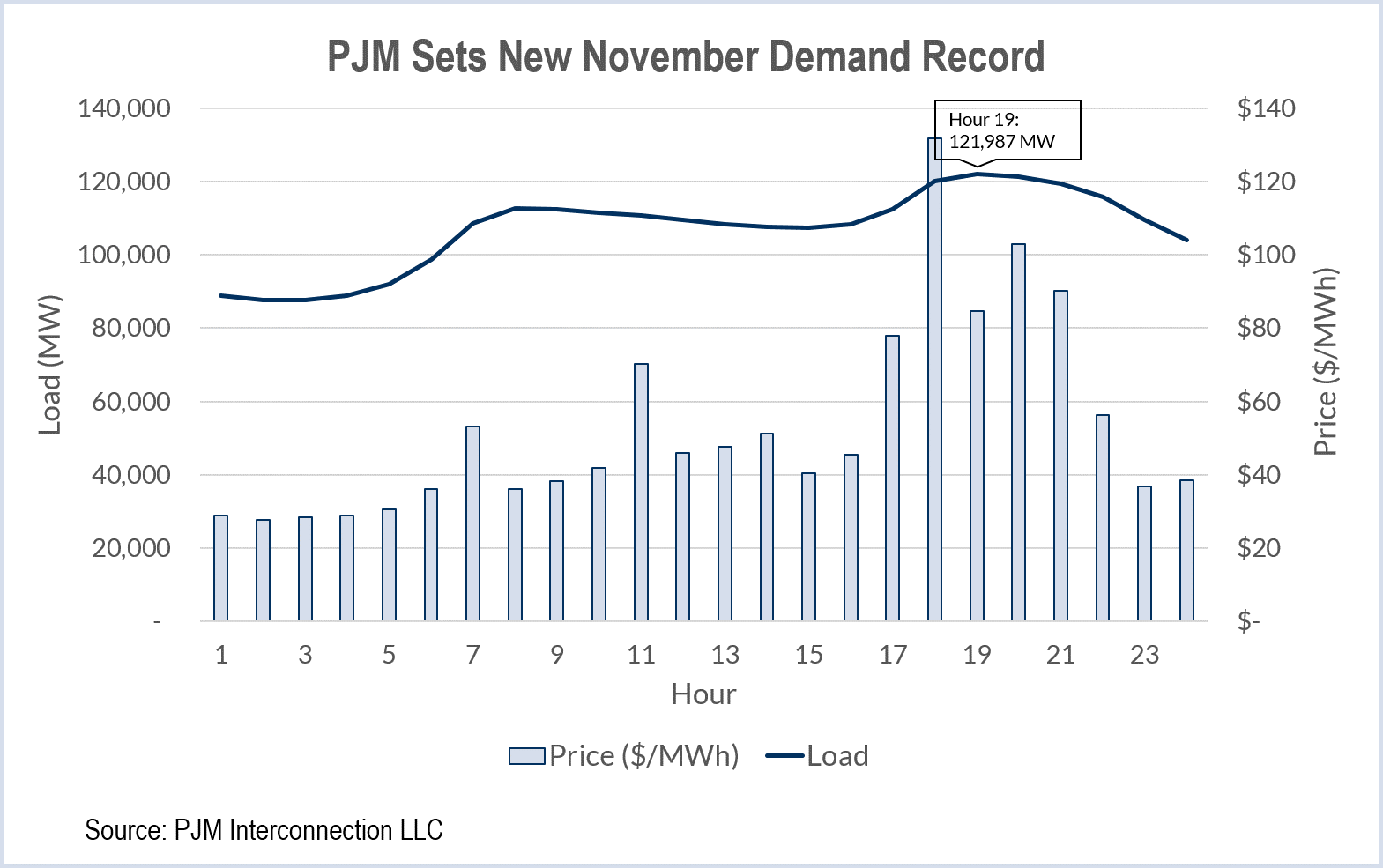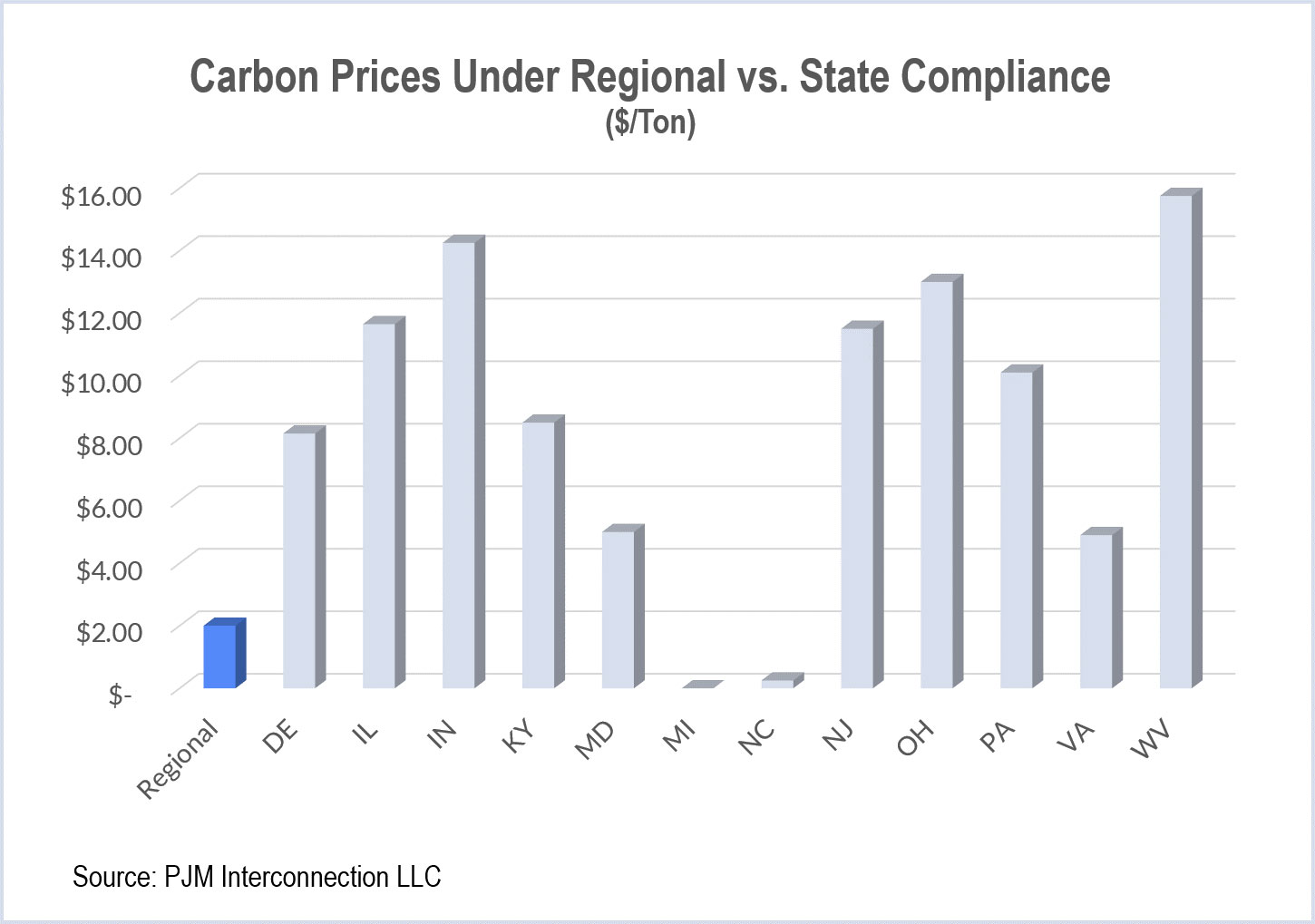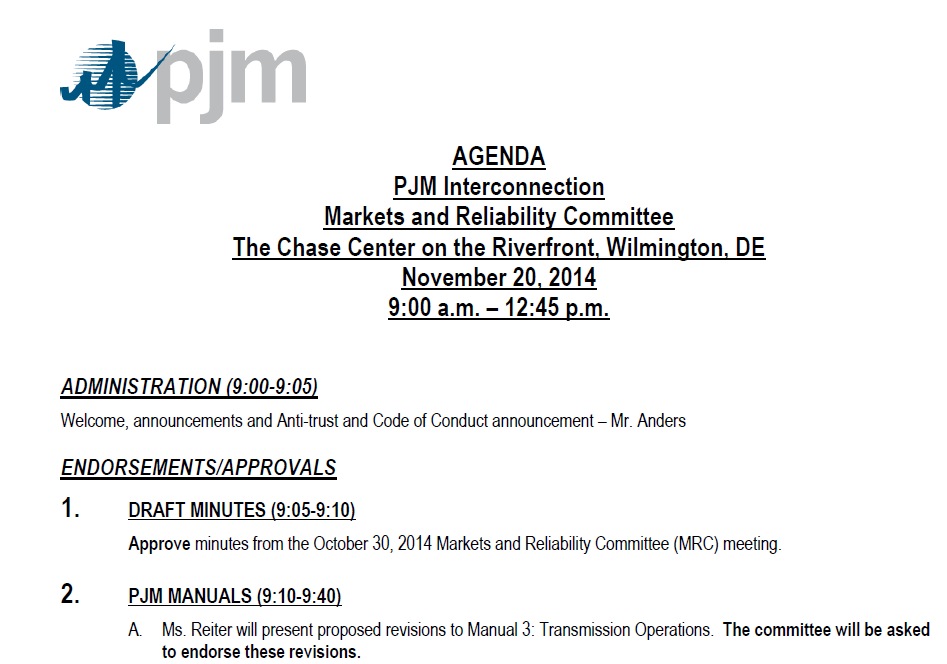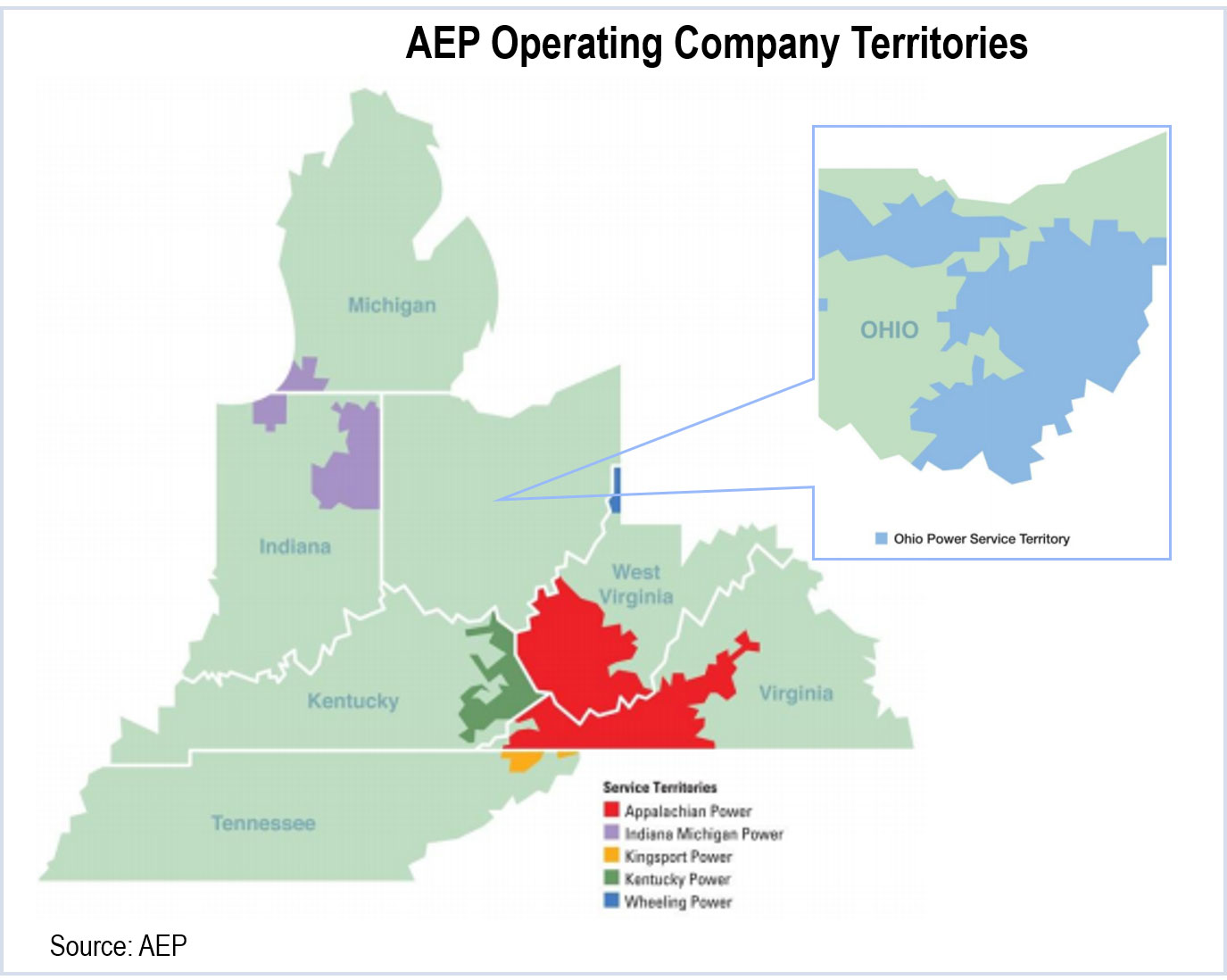The National Security Agency director said China and “one or two” other countries have the ability to shut down the U.S. electric grid through cyberattacks. It was the first confirmation by Adm. Michael Rogers that the national grid was vulnerable to such an extent.
Rogers told the U.S. House Intelligence Committee that China and other foreign powers are regularly making electronic “reconnaissance” missions to better prepare themselves for possible disruptive attacks on U.S. control systems. “All of that leads me to believe it is only a matter of when, not if, we are going to see something dramatic,” he said.
Rogers said that cyberattacks are more difficult to counter than nuclear attacks, in part because while there are only a few nuclear powers, any country with a computer system and the required hacking skills could be an online threat. “You can literally do almost anything you want, and there is not a price to pay for it,” he said.
More: WRAL
Study: EPA Emissions Rule Will Cause Energy Prices to Soar
A study commissioned by the world’s largest coal company, Peabody Energy, predicts that the Environmental Protection Agency’s emissions rule, along with other regulations and natural gas prices, will increase U.S. energy prices by nearly $300 billion by 2020.
The study, by Energy Ventures Analysis, concluded that the regulations and resulting market forces will increase a typical household’s yearly electricity and natural gas bills by $680, or 35%, between 2012 and 2020.
The consulting firm said its analysis is the first to fully examine the combined economic impacts of the EPA’s proposed and finalized regulations on the electric power industry, including the Mercury and Air Toxics Standards, regional haze regulations and the Clean Power Plan.
More: EnergyCentral
NRC Finds 3 Security Violations at NextEra’s Seabrook Nuke Plant

The NRC did not disclose the nature of the violations, in keeping with post-9/11 security requirements, but NRC Spokesman Neil Sheehan said they were not serious enough to result in increased oversight at the plant.
“Nevertheless, we are requiring the company to take actions to permanently address the issues and then notify us in writing that those steps have been completed,” Sheehan said. “We will follow up in future security inspections to ensure the fixes have been thorough and satisfactory.”
More: Newburyport Daily News
Washington State Pol Calls on NRC to Complete Yucca Mountain Review

Murray, whose state is home to the Hanford Nuclear Reservation, a major source of nuclear waste, praised the NRC for restarting the safety review of the Yucca Mountain project and called for the commission to complete the review.
“With countless work hours to date spent by the NRC on the licensing application and billions of dollars spent at the Hanford Nuclear Reservation and at nuclear waste sites across the country in efforts to treat and package nuclear waste that would be sent to Yucca Mountain, it is imperative … [the] licensing application is thoroughly considered by the NRC,” Murray said in her letter to Macfarlane.
Murray’s move is regarded as a sign of the waning power of Senate Majority Leader Harry Reid of Nevada, who will become minority leader when Senate control shifts to the Republicans. Reid has been a fierce opponent of the Yucca Mountain project.
More: E&E News
GOP Calls for FERC Conference on Reliability Impact of EPA Rules
Sen. Lisa Murkowski (R-Alaska), incoming chairman of the Senate Energy and Natural Resources Committee, and Rep. Fred Upton (R-MI), chairman of the House Energy and Commerce Committee, yesterday asked the Federal Energy Regulatory Commission to hold a technical conference with federal agencies and stakeholders to discuss the reliability impacts of new federal environmental regulations.
The request follows a November report by the North American Electric Reliability Corp. that raised reliability concerns over the Environmental Protection Agency’s proposed carbon emission rule. NERC said the power industry will need to replace 103 GW of retired coal resources by 2020, including more than 50 GW of retirements already announced in response to the EPA’s Mercury and Air Toxics Standard.
The Republicans said congressional testimony by FERC commissioners “suggests EPA did not properly consult with the commission when writing its proposed rule and ignored recommendations from the Government Accountability Office (GAO) that a formal, documented process be established among relevant federal agencies to monitor reliability challenges.” (See FERC Split on Reliability Analysis of EPA Rule.)





